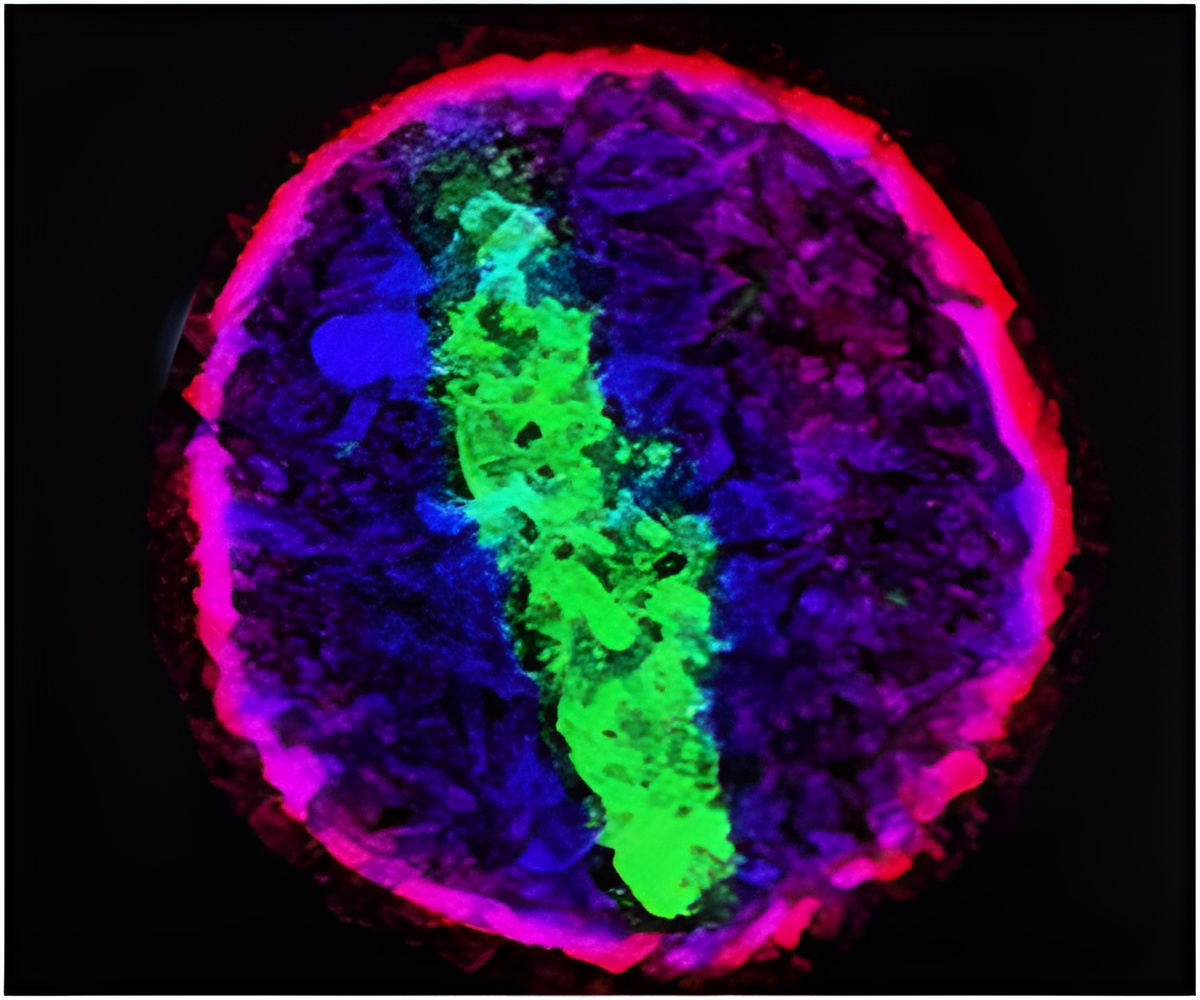A study by University of Exeter researchers has bought the development of 'brain-like' computer a step closer to reality.

Computers currently deal with processing and memory separately, resulting in a speed and power 'bottleneck' caused by the need to continually move data around. This is totally unlike anything in biology, for example in human brains, where no real distinction is made between memory and computation.
To perform these two functions simultaneously the University of Exeter research team used phase-change materials, a kind of semi-conductor that exhibits remarkable properties.
Their study demonstrated conclusively that phase-change materials can store and process information simultaneously. It also showed experimentally for the first time that they could perform general-purpose computing operations, such as addition, subtraction, multiplication and division. More strikingly perhaps it shows that phase-change materials can be used to make artificial neurons and synapses.
This means that an artificial system made entirely from phase-change devices could potentially learn and process information in a similar way to our own brains.
"Our findings have major implications for the development of entirely new forms of computing, including 'brain-like' computers. We have uncovered a technique for potentially developing new forms of 'brain-like' computer systems that could learn, adapt and change over time. This is something that researchers have been striving for over many years," said lead author Prof David Wright.
Advertisement
Source-ANI













